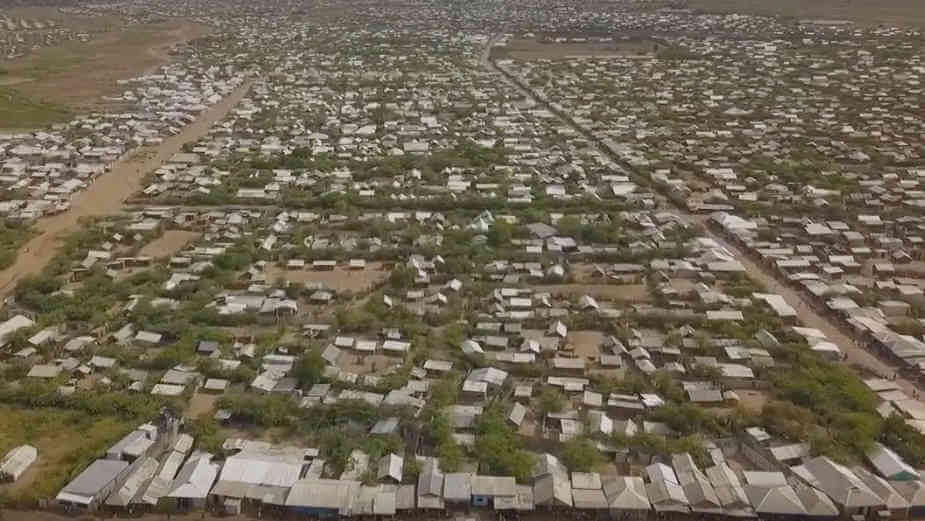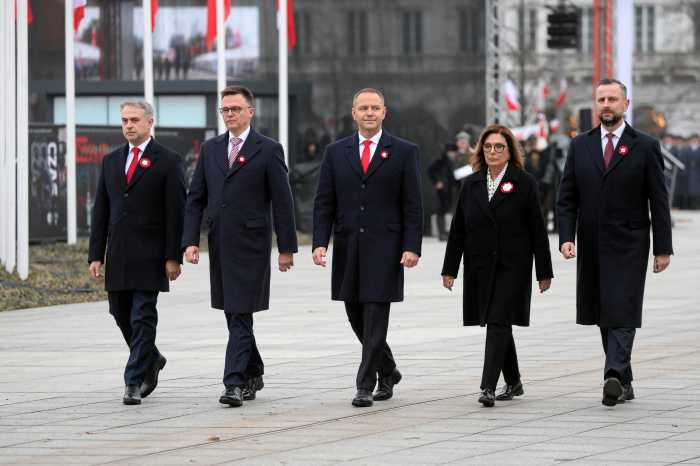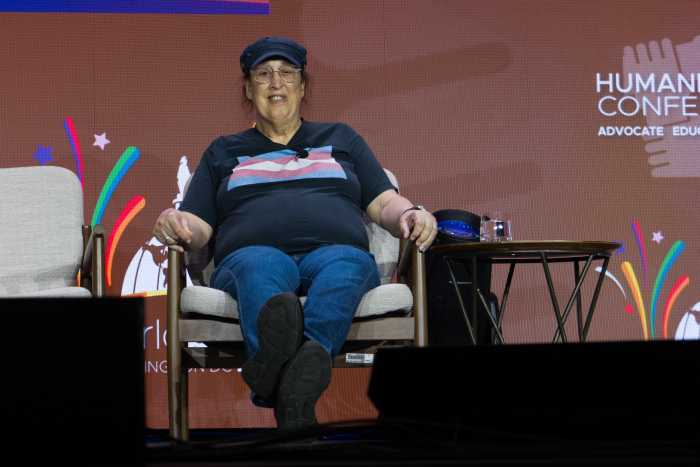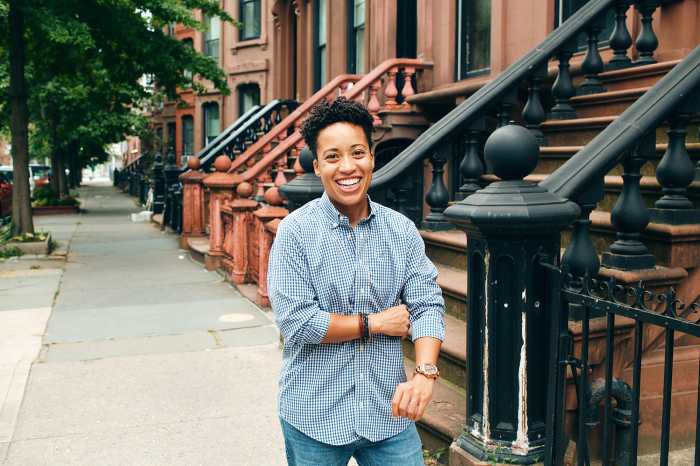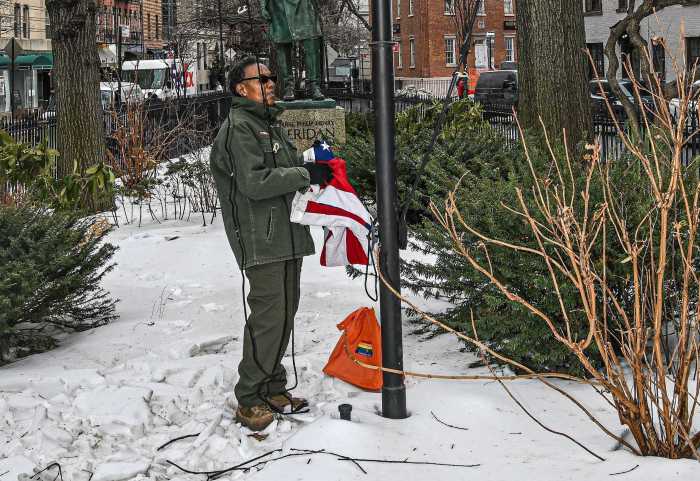Advocacy groups in Kenya are rushing to relocate LGBTQ refugees who are facing brutal retaliation from local communities and authorities after they protested a spike in homophobic attacks at the Kakuma Refugee Camp in the northwestern region of the East African nation.
Refugees, fed up with being the targets of mistreatment, discrimination, and violence, marched to the office of the United Nations High Commissioner for Refugees (UNHCR) on December 11 to voice their concerns — and they were immediately met with violent resistance. At least a dozen LGBTQI refugees were hospitalized as a result of the attacks, and even police officers joined in on the abuse, according to the Refugee Coalition of East Africa (RCEA).
One refugee trying to leave the camp was attacked and suffered multiple injuries to the point where he was bleeding, and his attackers refused to allow him to seek medical attention.
The UNHCR has led a relocation effort for the victims, whose camp hosts almost 150,00 people from 17 countries. Kakuma has become one of the world’s largest refugee camps housing people dispossessed from their home countries due to war, political instability, disease, and famine.
As of last week, 20 high-risk refugees were transferred to Nairobi, the nation’s capital. Adam Fitzgerald, who works with the RCEA, told Gay City News on Monday that 50 more refugees will be sent to Nairobi on Tuesday and all LGBTQI refugees from the camp are slated to follow by the end of the month.
Several refugees have asked the UNHCR to seek rapid relocation after their homes were “looted and left unlivable,” Fitzgerald said. With it being too dangerous to return to the camp, a group of refugees ended up camping outside of the UNHCR office for a period of time.
The RCEA is among several organizations assisting in the effort to find housing for the refugees, but they are still in dire need of further help.
“The UNHCR is apparently providing a small stipend, but what assistance, if any, beyond that has not yet been offered,” Fitzgerald added. “We are still waiting to hear if a more detailed plan is to be put into place.”
There are concerns about whether or not there will be enough hosts, where people will be housed, and which measures will be in place to ensure the safety of refugees.
“Every person… every LGBT refugee who is in Kakuma… should be moved from Kakuma to get to a safe place where they can get security,” Denis, an LGBTQI refugee in the camp, said in a written statement. “More people are going to lose their lives now… we don’t know what it going to happen tomorrow, or even today.”
The RCEA expressed concern that the UNHCR has not shown enough urgency in the situation, asking the organization in a written statement “to take more notice and become more actively involved in our care and safety.”
Kenya is among the most dangerous countries for LGBTQ people, with sodomy being punishable by a 14-year prison sentence and sexual activity between males being a felony punishable by five years behind bars.
The UNHCR did not immediately respond to requests for comment on whether there have been any further developments in future plans for the refugees.
Representatives for OutRight International, Human Rights Watch, and Human Rights First, all of which are human rights advocacy groups, also could not immediately be reached.

